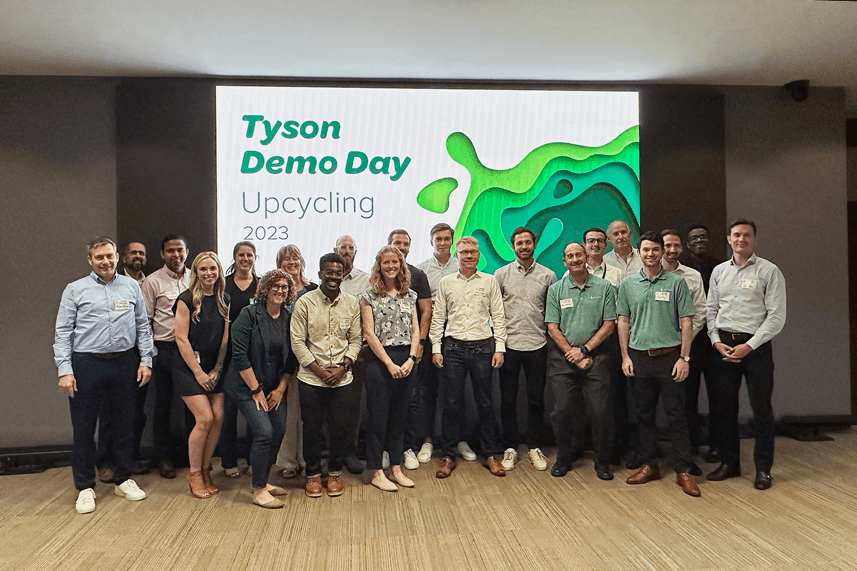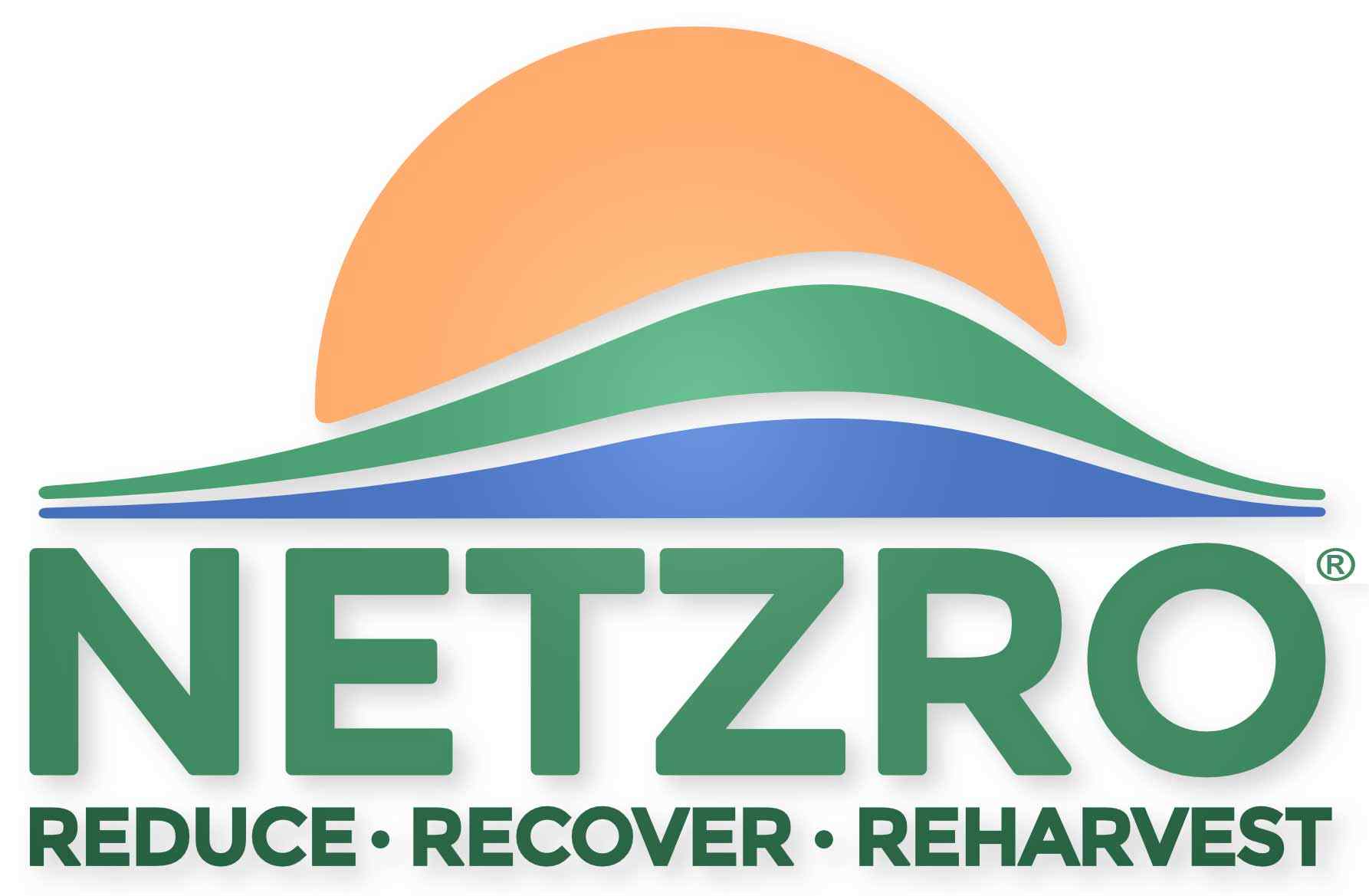Accelerating the Growth of The Food Upcycling Industry: Strategies for Success

The dawn of a new industry brings with it boundless potential and opportunities for innovation and economic prosperity. As entrepreneurs, investors, and enthusiasts flock to participate in the food upcycling industry, it is essential to have a well-defined plan to accelerate growth and maximize the impact of the industry. In this blog post, I will explore key strategies that can pave the way for rapid and sustainable growth in food upcycling.
IDENTIFY MARKET NEEDS:
The first step in accelerating the growth of a new industry is to identify the pressing needs of the market it serves. Over the past few years NETZRO has conducted research with academia, government entities and manufacturers on the current status of food byproducts as well as what it will take to add value to the process to safely capture and convert them to new upcycled food ingredients at scale. We are fortunate to also have The Upcycled Food Association conducting market research to assist in aligning the industry’s products or services with the needs of consumers. This is no small task as needs are dynamic, providing endless opportunities and ever-changing challenges. I continue to be inspired as NETZRO and The Upcycled Food Association continues to evolve to ensure that offerings are relevant and in-demand. It is an exciting time to be in the food upcycling industry.
INNOVATION MEETS COLLABORATION:
Innovation lies at the heart of any thriving industry. It is critical to encourage and support research and development within the sector to push boundaries and discover new solutions. Collaboration between different players in the industry, including startups, established companies, academic institutions, and even government bodies, can also lead to breakthroughs and a more cohesive growth trajectory. The Upcycled Food Association provides opportunities within its membership to work together such as NETZRO project with AMAI which creates an entirely new use of an upcycled ingredient and bulls in sophisticated supply chain partners such as Buhler.
A robust ecosystem is vital for resilience and expansion of a new industry. In the past 5 years numerous incubators, accelerators, and venture capital funds are focused on the opportunities within food upcycling. An example is Tyson Ventures (insert link of press release) The NETZRO team is thrilled to have been accepted and looking forward to see what this new collaboration brings. Government policies and regulations should be designed to nurture the industry while ensuring fair competition and consumer protection. If you have not heard about the recent law that was passed in California SB1383 on improving organic waste disposal, it is important to be familiar as these types of regulations will continue to roll out throughout the US. Additionally, knowledge-sharing platforms, conferences, and networking events can enhance the exchange of ideas and opportunities. With so many stakeholders from all over the world attending the Food Waste Solutions Summit it was validation that the hard work done has begun to pay off and will make an impact.
ALIGNING TALENTS AND SKILLS:
Talented and skilled professionals are the driving force behind any successful industry. Growing pains are expected in any new industry and the startups that serve it. It is important to be open to working with everyone in the ecosystem, even those that might be perceived as competition. The only competitor there is in the food waste ecosystem is the problem itself. NETZRO is pleased to announce the addition of a new advisor, Yoni Medhin whom was the former CEO of Grain4Grain which recently ceased operations. This was a reminder to me that one never knows what door opens when another closes.
INTEGRATING TECHNOLOGY AND DATA FOR SUCCESS:
The integration of cutting-edge technology and automation can significantly boost productivity and efficiency within the industry. Embrace emerging technologies relevant to your field, such as impact data measurement & mining, artificial intelligence, Internet of Things (IoT), or blockchain, to gain a competitive advantage and meet evolving market demands. NETZRO is finding support for its technology internationally, having just received funding from JLL Foundation.
NEW STANDARDS AND GOALS:
Standardization is crucial for building credibility and trust in a new industry. The Upcycled Food Association’s creation of the Upcycled Certified Program has created engagement with experienced stakeholders paving the way for consumer engagement. This will not only protect consumers but also facilitate easier market entry for new consumer food products. It also creates a path for additional certifications that could include carbon measurement that can assist tracking to meet a company’s ESG and other impact goals.
EDUCATION AND COMMUNICATION:
For a novel industry like food upcycling to flourish, educating customers about its benefits and potential applications is paramount. In the future we need to invest in marketing campaigns and educational content that raises awareness about the benefits of adding value to food that otherwise would have been wasted. With the involvement of large food companies such as Kroger and Tyson the industry is poised to adequately fund initiatives needed to educate consumers, food distributors, non-profits, government agencies and all players within the food supply chain.
IN SUMMARY:
Accelerating the growth of the food upcycling industry requires a comprehensive approach that addresses the needs of the food producers that have food byproduct waste, fosters innovation to meet growing demand, and creates a supportive ecosystem. By attracting top talent, embracing technology, and advocating for industry standards, the food upcycling industry can be positioned for success. Remember, sustainable growth comes from continuously adapting to market dynamics and remaining open to collaboration and change. With dedication, perseverance, and a well-executed strategy, whatever your industry, it can thrive and leave a lasting impact on the world.
